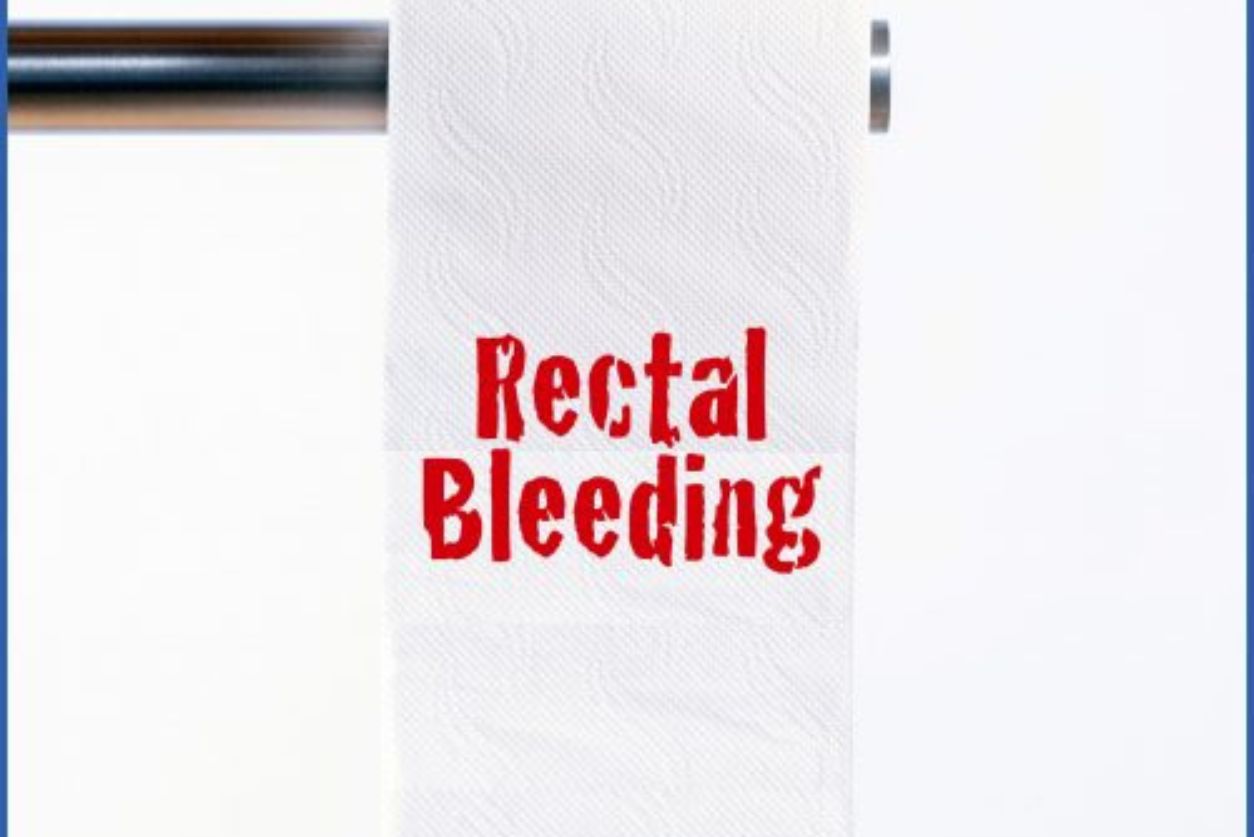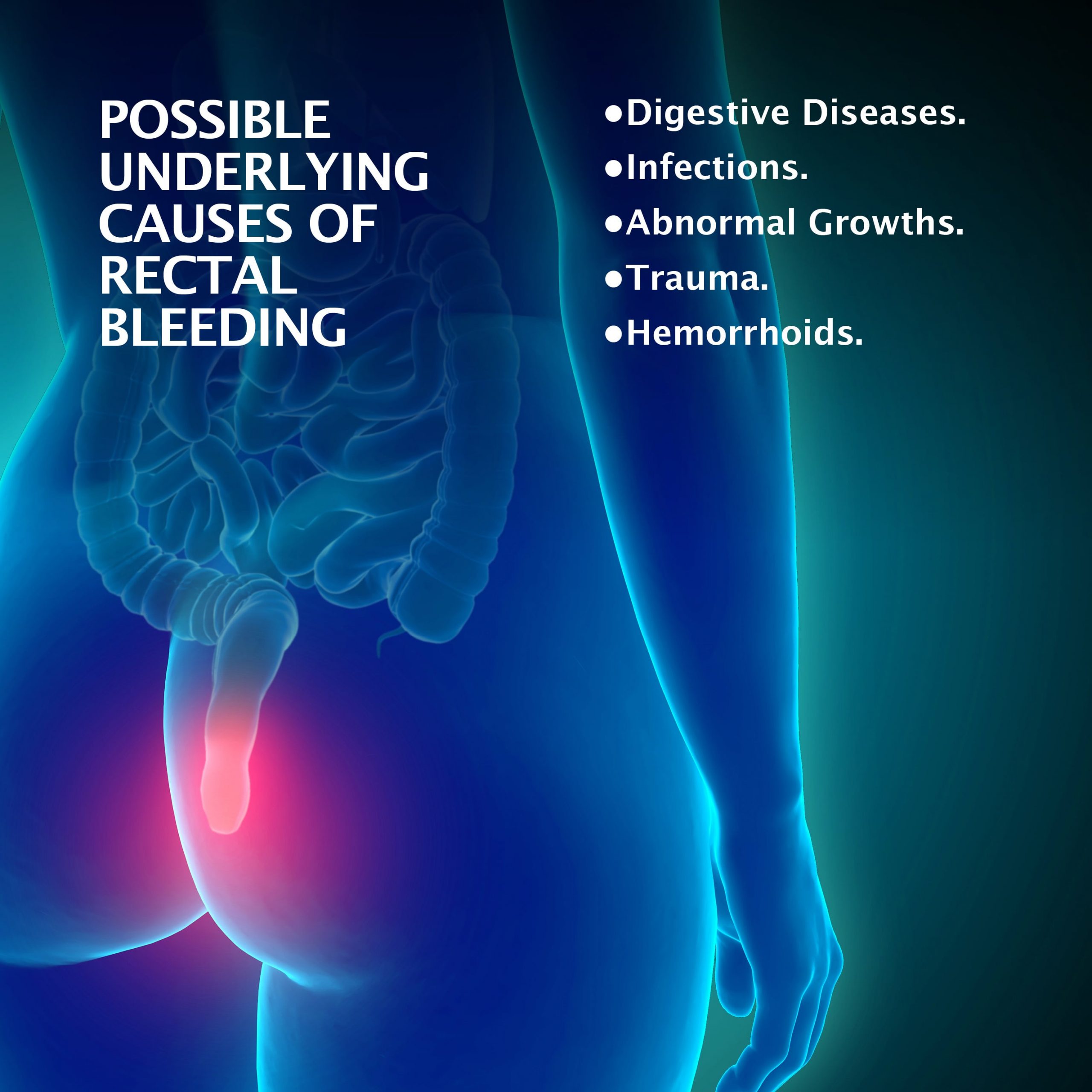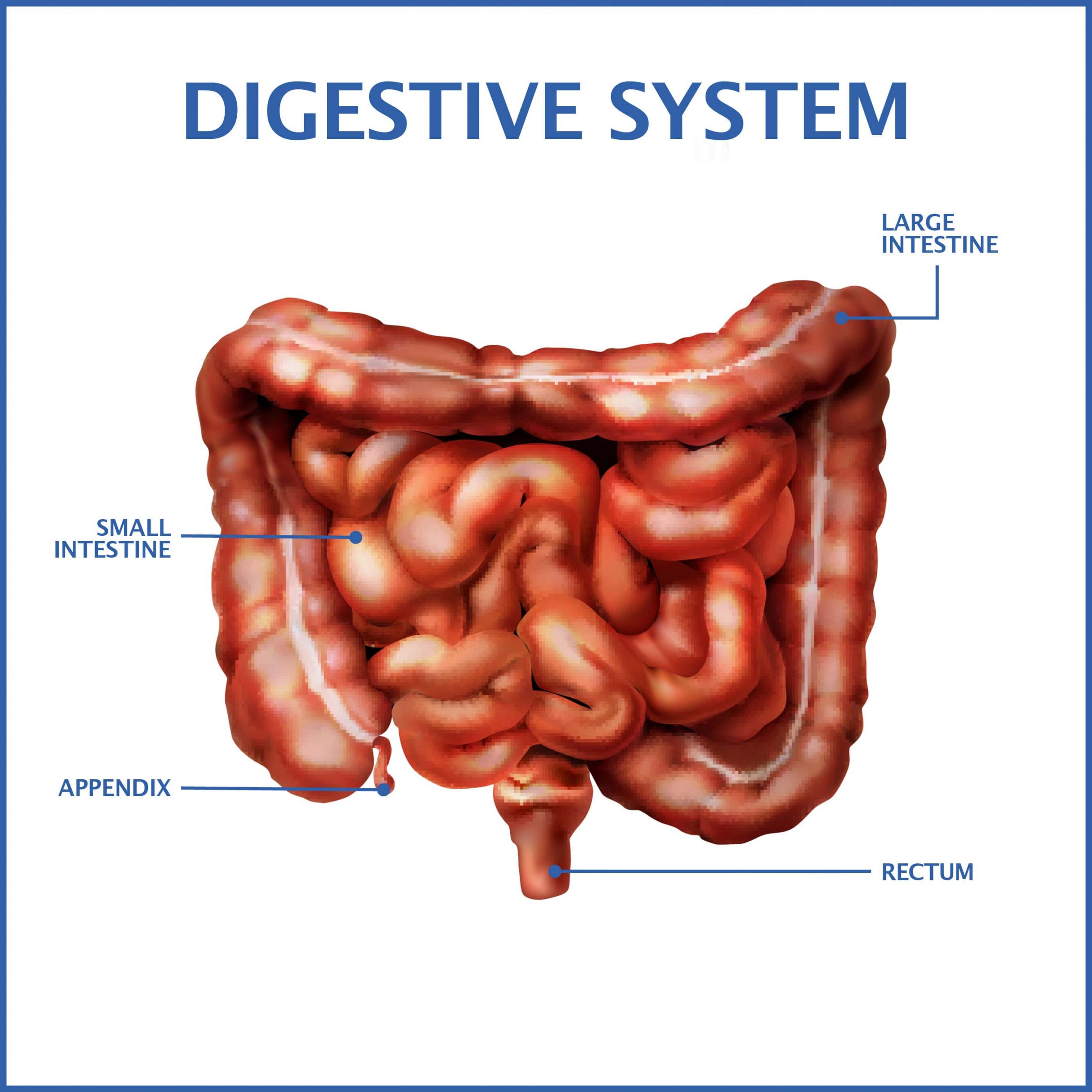
Rectal Bleeding As A Symptom
Bleeding is rarely a positive event. When it takes place inside the part of the digestive tract known as your rectum, an immediate medical examination is often needed.
Overview Of The Rectum
Your rectum is a chamber located between the end of your large intestine and the anus. It carries out certain critical functions.
First, the rectum stores waste product called fecal material, which is sometimes referred to as stool. This product, also called feces, is produced inside your colon and eventually expelled through the anus.
Besides storing fecal matter, your rectum plays a part in creating the waste product. It absorbs important nutrients and fosters the process by which indigestible materials are broken down by bacteria, thickened by water, and ultimately forced out of the body.
Finally, the rectum helps start the defecation process. When stool enters your rectum, sensory cells called receptors notify the central nervous system that this has occurred. The nervous system subsequently creates the urge to defecate. Depending upon the severity of the urge; you will defecate right away or at a later time.
Rectal Bleeding
This event occurs when any number of potential issues create abnormal blood flow inside the rectum.

Possible Underlying Causes
Healthcare providers stress that rectal bleeding is not an illness per se but a symptom of an injury, ailment, or some other abnormal process.
The problem can be traced back to many different causes. These issues can range in severity from readily fixable to complicated and potentially life-threatening. Precipitating factors include:
- Digestive Diseases – Rectal bleeding may result from a host of digestive ailments. Notable reasons include diverticulitis and inflammatory bowel disorders like ulcerative colitis and Crohn’s disease.
- Infections – Various pathogens can cause severe irritation and resulting inflammation of the digestive tract. That inflammation can lead to rectal bleeding.
- Abnormal Growths – Masses like polyps and tumors can also cause bleeding. Occasionally, these growths can be cancerous.
- Trauma – Incidents involving trauma to the bowel region can precipitate bleeding. Excessive force can dislodge tissue or result in severe internal damage, of which bleeding is a result.
- Hemorrhoids – Enlarged veins inside your anus can bleed out and possibly even back up into your rectal region.
Associated Symptoms
Rectal bleeding may produce discernible signs and accompanying symptoms.
The first key symptom is a change in your stools. Tiny amounts of blood might not produce any noticeable differences. Larger amounts will likely alter the stool’s coloring.
Instead of your stool being the typical brown color, rectal bleeding might cause it to show streaks or droplets of bright red, fresh blood. On other occasions, your stools might even appear to be black or tarry.
In addition to changes in your stool’s appearance, you might also experience accompanying physical symptoms such as:
- Pain in your rectal and anal regions.
- Various digestive disturbances.
- Appetite loss.
- Discomfort in other areas of the digestive tract.
When bleeding is pronounced or severe, you might also encounter dizziness, weakness, and fainting. These symptoms warrant an immediate trip to a hospital’s emergency room.
Complications
On its own, internal bleeding can result in eventual hemorrhages and possibly even death if not promptly stopped. It is important to reiterate that bleeding is typically a symptom of a real underlying problem. Failing to investigate rectal bleeding’s source can result in the condition progressing to advanced or non-treatable stages before a diagnosis is confirmed.

Diagnosis
Diagnosis centers on identifying the bleeding’s specific cause.
Your physician will usually begin the diagnostic process by asking you several questions relating to the bleeding episodes, including:
- When the problem started.
- If any change in bowel habits has accompanied bleeding.
- Your diet.
- Do any activities worsen the problem?
- If you have been diagnosed with hemorrhoids.
- If you have any family history of colon or other digestive cancers.
- What accompanying symptoms do you have?
- If you have been diagnosed with any digestive disorder.
After taking your history, your physician will have a better idea of what the cause may be. To reach any specific conclusion, they will likely order tests, like colonoscopies, fecal occult tests designed to identify the presence of blood in the stool, and internal imaging investigations using MRIs and CTs.
Potential Treatment Options
When rectal bleeding is moderate to severe, the first order of treatment is to stop the occurrence and, if need be, replenish lost blood.
Addressing these issues may include the use of sophisticated tools and blood transfusions.
Primary treatment focuses on pinpointing the specific underlying cause and initiating therapy geared towards fixing these conditions. The exact therapeutic protocols chosen by your doctor will depend upon the particular problem, the extent of the condition, your age, plus your general biological and physical health.
Prognosis
Prognosis will hinge on the rectal bleeding’s specific cause, the stage of the illness, and how well you respond to treatment.
Prevention
Some instances of rectal bleeding are challenging to prevent. Doctors say that engaging in cause-preventing actions can produce positive results.
Such activities include:
- Preventing or treating hemorrhoids.
- Consuming a nutritious diet.
- Avoiding or eliminating vices like excessive alcohol intake or cigarette smoking.
- Getting rid of unnecessary stress.
- Routine medical screenings to promptly evaluate the emergence of any troublesome symptoms.
Contacting Us
If you have or continue to experience bouts of rectal bleeding, please consult with us. Our practice began more than 15 years ago and has emerged as one of the leading gastroenterology practices in central Florida. We perform a host of diagnostic procedures using state-of-the-art equipment in a friendly, comfortable, and inviting atmosphere where patient care is always a top priority. Contact us today!